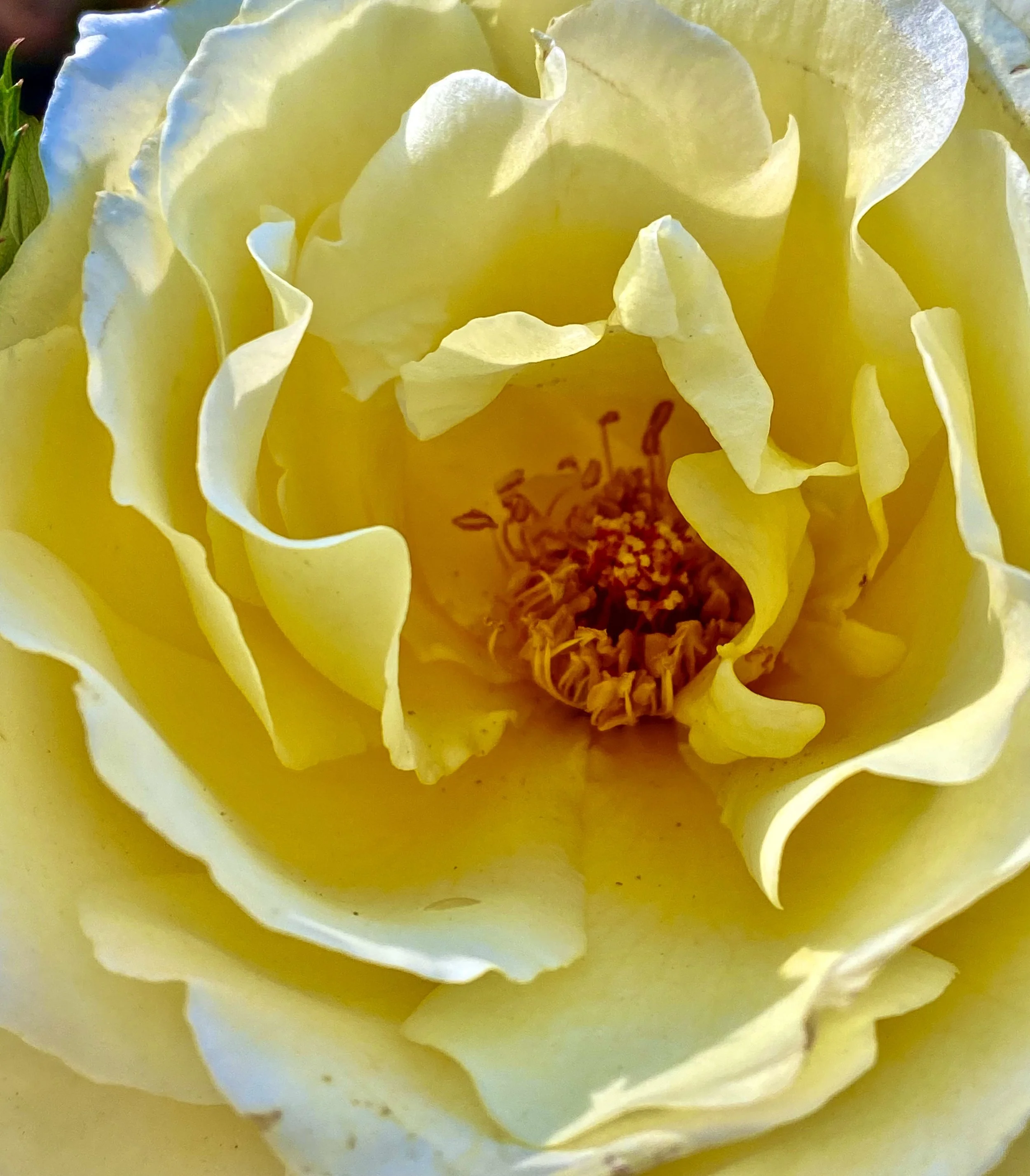She asked to meet the firemen. In the hall of dying, sirens screaming, the dying woman asked for her bed to be rolled out into noise and chaos. How could we do anything but comply, but witness? Gnarled hands reached for muscles hiding under heavy canvas and she whispered to shocked faces, come closer. I watched years drop from her, eighty or so, as she stroked stubbled chins and squeezed their offered, tentative fingers.
A mouth unable to eat tasted desire, again, always.
He asked for a bottle of whiskey, a blonde, and a brunette. Whiskey he sipped from a spoon, memories he feasted upon, sensation flitting like summer lightning across lidded eyes and sunken cheeks.
They asked for BBQ ribs and the hottest sauce, extra napkins, cold Pepsi. They feasted on a hospital bed, slopping sticky crimson onto white sheets from flimsy Styrofoam containers, making a mess like trauma, touching heat to dry lips, cackling at the response of their loved one, the rise of pleasure, the wakefulness after days of swimming in the murky limbo of not living, not yet dying.
She asked me to call her Sam. Not Gertrude, the hated syllables passed down by a cruel, dead mother. She showed me a photo of the stripper at her 70th birthday party, Sam with her head thrown back, bottled beer and a cigarette dangling from either hand, the lawn chair tipping, the almost fall captured on cracked Polaroid.
More, she asked for, more. Not less dying, more living. More being alive.
Do not be trite with your dying wishes. Ask for the hottest sauce, the firmest flesh, the deepest desires. More. Ask for more.
Do not be timid with your living wants. Demand ecstasy.
